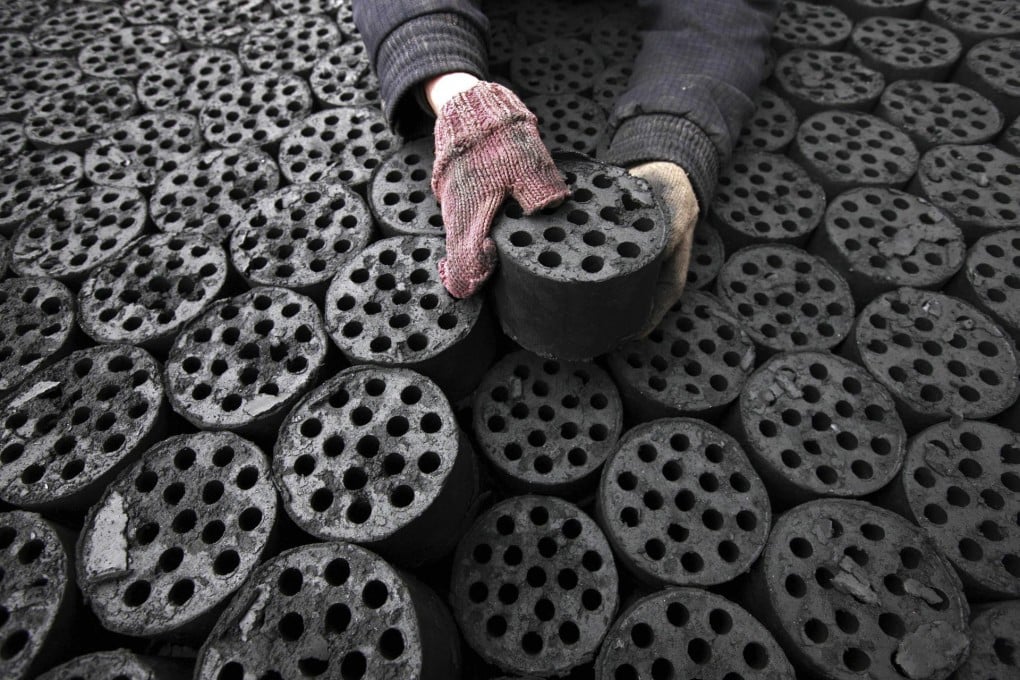Beijing's air quality will worsen without coal control, Greenpeace says
Campaigners say Beijing’s air quality will not improve until consumption reduced

Greenpeace campaigners warned yesterday that Beijing's air quality would only deteriorate without drastic changes to control coal consumption on the mainland, because the capital was surrounded by some of the biggest consumers of coal.
The warning followed a month in which Beijing experienced its worst air pollution in recent memory, with 26 days in January rated heavily polluted.
A study led by Dr Wang Yuesi , a researcher with the Chinese Academy of Sciences' Institute of Atmospheric Physics, found that between January 9 and 15 an estimated 4,000 tonnes of pollutants were floating in Beijing's grey sky, the National Business Daily reported on Monday.
One simple example is that although China reduced emissions of sulphur dioxide ... we didn't see a remarkable improvement in air quality
Zhang Kai, a climate and energy campaigner with Greenpeace, said that even though Beijing was determined to cut annual coal consumption from 27 million tonnes in 2010 to 20 million tonnes by 2015, the drop would easily be offset by increased consumption in neighbouring Tianjin and Hebei province.
The burning of coal in Beijing contributes to about 20 per cent of the city's smog, according to Wang's study. Pollutants from neighbouring regions account for 20 per cent and the capital's vehicle emissions for another 25 per cent.
Tianjin's municipal government has said it expects to see annual coal consumption rise from 48 million tonnes to 63 million tonnes between 2011 and 2015, while Hebei was already burning around 300 million tonnes of coal in 2010, the mainland's third biggest provincial consumer.
Worse still, the surrounding provinces of Shandong and Shanxi took the top two spots, with Inner Mongolia ranked fourth. Zhang said statistics showed that each of them burned more coal in 2010 than Japan.